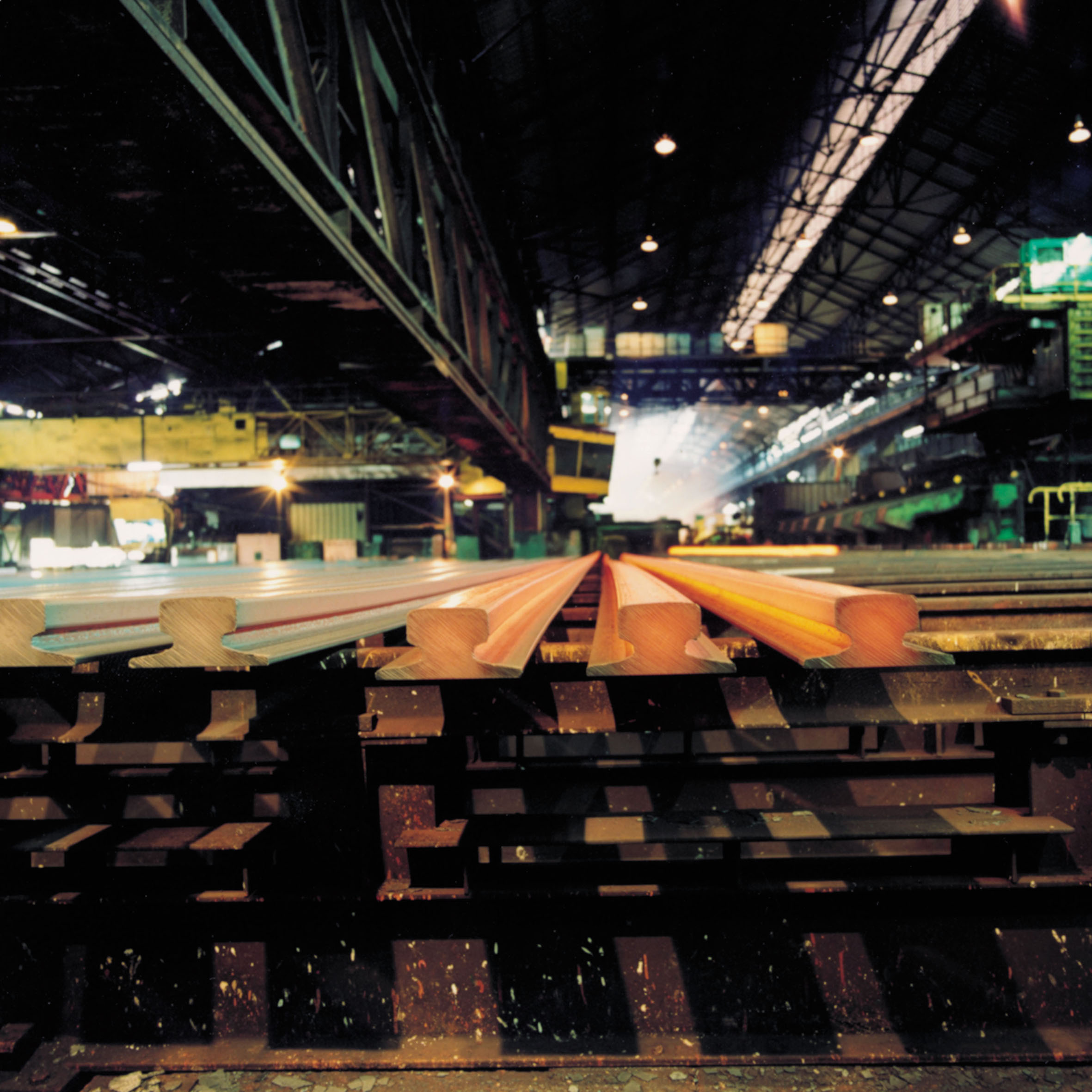German steel mill employers group AGV Stahl said March 2 it has dismissed trade union IG Metall’s proposal to increase steelworkers’ pay by 4%.
At the first round of negotiations of the collective agreement talks for 70,000 steelworkers in Northwest Germany, employers said achieving a compromise is looking to be “extremely difficult.”
“IG Metall is recognizing that the steel industry has suffered dramatic losses caused by the pandemic, at times threatening a company’s existence,” AGV Stahl said in a statement. “But a 4% pay increase by referring to better capacity utilization — by far not at all companies — is not enough.”
The employers said that a deal “anywhere near” a 4% pay rise would be impossible.
“It’s going upwards for a few months now,” Knut Giesler, head of IG Metall North-Rhine Westphalia and head negotiator, said in a separate statement. “Steel demand has increased significantly since the end of 2020. Steel prices are going through the roof so that 2021 will be a good steel year.”
Steel prices have risen heavily since Q4 2020, to a multi-year high at Eur740/mt EXW Ruhr, according to the daily Platts Northern European HRC assessment March 1. First financial reports on Q4 2020 at steelmakers show balance sheet improvements after heavy losses in the first quarters of 2020, but mills have expressed uncertainty on the economic outlook.
The talks with employers started March 1 and usually take several rounds before an agreement is reached. The current negotiations cover agreements for workers in North-Rhine Westphalia, Lower Saxony and Bremen, while talks for the Saarland state and eastern Germany have separate negotiations scheduled later.
The existing terms of collective agreements covering all 88,000 steelworkers nationwide ended on Feb. 28, which also marks the end of restrictions on worker strikes. Talks for other regions will be scheduled at a later date.
IG Metall is now allowed to stage so-called “warning strikes” which are short-notice and have usually limited impact on production output but are used by the union to put pressure on employers.
The two sides will come together again in the second negotiation round on March 15.
— Laura Varriale






